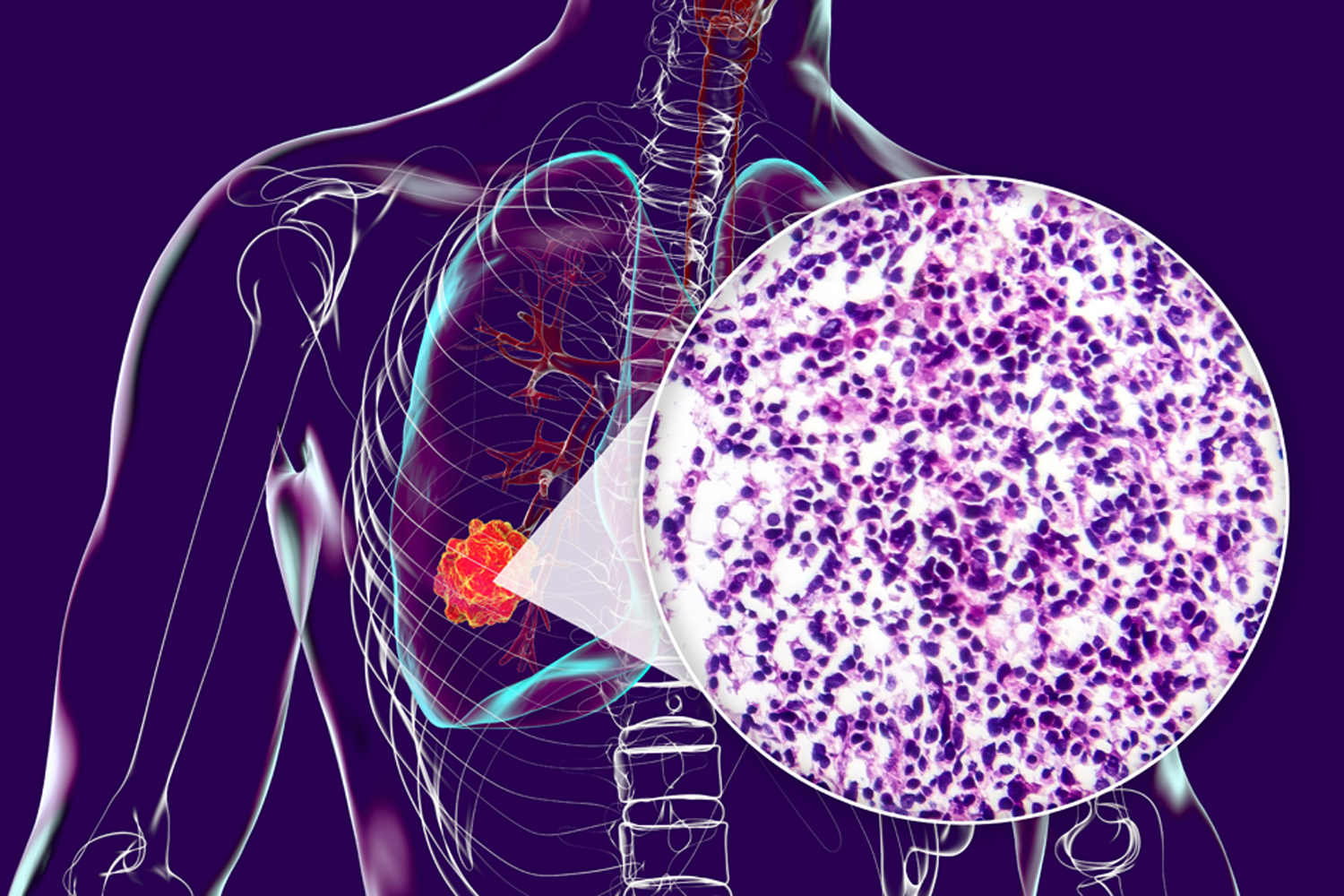-
Forward Look
Treating Early-Stage Lung CancerEfforts are underway to define role of high-dose radiation.
by Stephen Ornes
-
Healthy Habits
Head StartDeveloping healthy behaviors in young adulthood can help reduce cancer risk later in life.
by Brenda Conaway
-
Searching Blood for Cancer Clues
Researchers are developing blood tests that help track and identify molecular changes in tumors. But many hurdles remain before these “liquid biopsies” become standard.
by Stephen Ornes
-
Liver Cancer on the Rise
Liver cancer incidence and death rates are increasing rapidly. Although there is no screening test for the disease, minimizing risk factors—hepatitis B and C, smoking, obesity and type 2 diabetes—could prevent many cases from developing.
by Sue Rochman
-
Gaps in End-of-Life Care
Racial and ethnic backgrounds can be factors in whether cancer patients take advantage of hospice care. Researchers and clinicians are trying to understand the gaps and design strategies to bridge them.
by Charlotte Huff
-
Online Discussions Reveal Little-Known Side Effects
Analyzing online patient conversations could shed light on adverse drug reactions.
by Brad Jones
-
Is 3-D Mammography Better?
A study enrolling patients compares a newer form of digital mammography to conventional 2-D digital mammography.
by Marci A. Landsmann
-
When Cancer Survivors Get Another Cancer
Patients diagnosed with a second cancer may be unnecessarily excluded from clinical trials.
by Kate Yandell
-
Healthy Habits
Another Reason to FlossGum disease is associated with increased cancer risk.
by Kendall K. Morgan
-
Q&A
Why Fat MattersCancer epidemiologist Cornelia Ulrich discusses research that explores how fat cells and cancer cells communicate.
by Marci A. Landsmann
Cancer Talk
Treatment Combination Improves Survival in EGFR-positive Lung Cancer
Adding chemotherapy to targeted therapy improves outcomes for people with advanced EGFR-positive non-small cell lung cancer.
by Sandra Gordon
Lessons From 20 Years Living With CancerMultiple myeloma survivor Jonathan Gluck reflects on uncertainty, and the scientific progress that has kept him living with cancer for more than two decades.
by Eric Fitzsimmons
The Enduring Importance of Cancer Disparities ResearchOpening session from AACR conference highlights how perseverance and adversity have informed cancer disparities research over the years.
by Eric Fitzsimmons
Most Cancer Survivors Don’t Meet Healthy Diet GoalsDespite research linking fruits and vegetables to cancer survival, many people do not change their eating habits after diagnosis.
by Darlene Dobkowski















